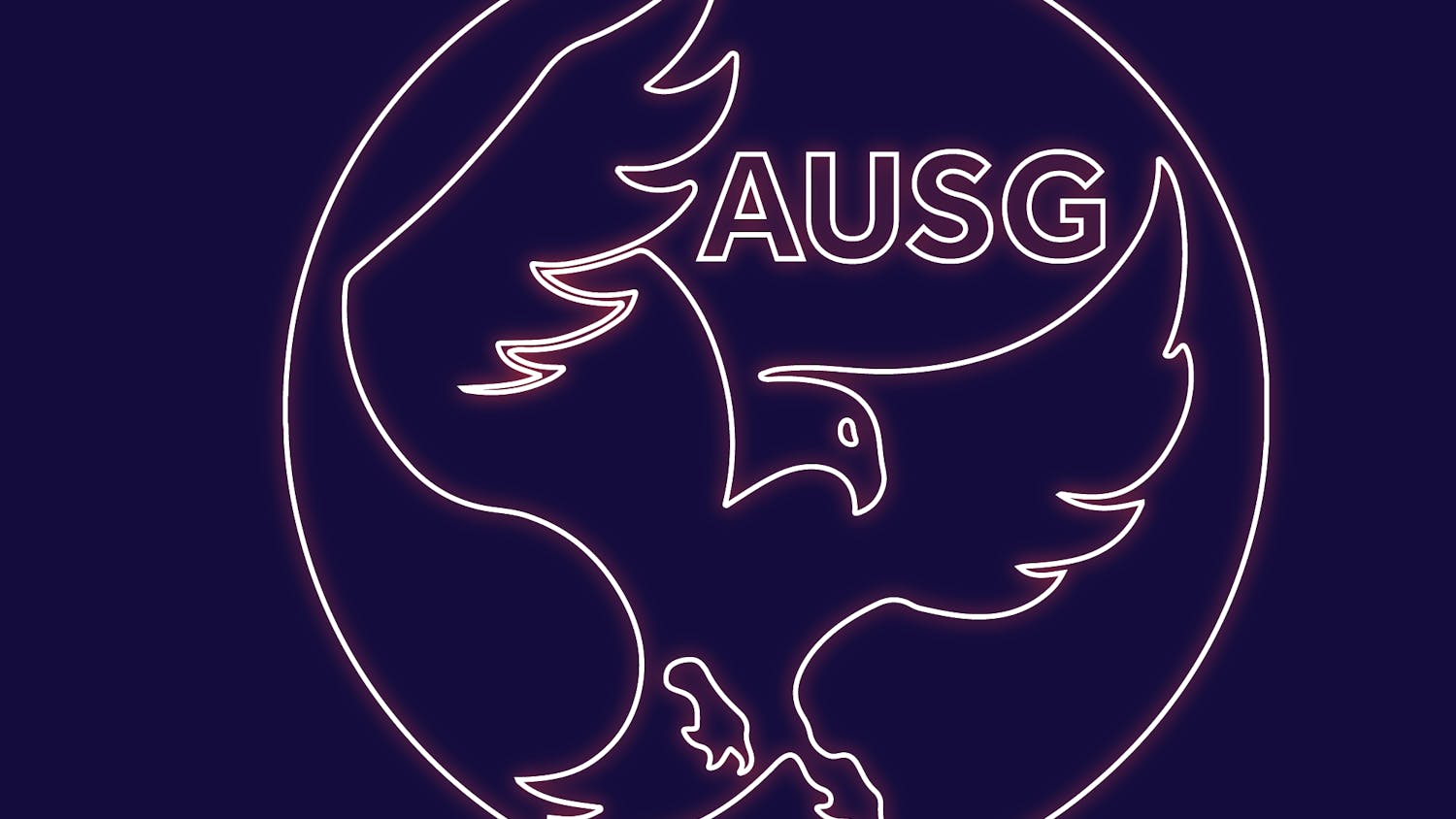Eagle Staff Writer Tamar Hallerman sat down with activist Judy Shepard before her speech to the AU community Monday.
Tamar Hallerman: What do you think is the importance of an event like Coming Out Week?
Judy Shepard: It's only important if people take advantage of it. It's a wonderful opportunity to learn about the gay community and what it's like to go from being who people think you are to who you really are. It's a hard process and it's difficult for everybody. It takes patience and it takes courage, and unfortunately it does all these things that it shouldn't. It should just be part of your life. It shouldn't have to have to be a scary thing to do.
TH: What do you think of the presidential candidates' stances on gay rights? Is it enough?
JS: Only one of the candidates has a positive stand on gay rights, and no, it's not enough.
TH: What can be done to increase gay rights on college campuses, as well as in this country?
JS: There definitely needs to be a recognition that they exist. A campus like this that is open and welcoming, that's great, but there are thousands of campuses where that isn't the case, and it needs to be universal, where kids can go to school and feel safe and be themselves.
TH: What do you think of the media's portrayal of gay, lesbian, bisexual and transgender individuals?
JS: I think it's important that they do it. And I realize sometimes that it's stereotypical but those stereotypes exist, so it's a part of the gay community.
TH: Do you think there are any differences between the political climate in 1998 and now?
JS: For sure. It has been a difficult few years for the gay community. And it has been almost hateful, very hard.
TH: What is the ultimate goal of the Matthew Shepherd Foundation?
JS: We try to provide information about the gay community and we typically work with young people, trying to find ways to work and help them with their parents or community in the process. Raising awareness, working on legislation and the lobbying effort. We have an educational program for young children to learn about diversity. It's really all about education and getting people to talk.
TH: What is your hope for the future of gay rights in America?
JS: I just want every right that's available to everyone else to be available to the gay community: marriage, taxes, federal recognition, all those things.
TH: Do you think this is possible in the next few years, or do you think this will have to happen gradually?
JS: I'm very confident that California is going to allow gay marriage to stand. And that's going to be the beginning of the fall of all the rest of the states. Those that have already changed their state constitutions will have to be addressed in a federal manner. It's very much like interracial marriage in the '60's. The federal government had to step in because some states made it legal and some states did not. You can't be married in one state and then move to another state and not have that contract recognized. Well, the same thing is going to happen with gay marriage.
TH: Do you think America is behind the rest of the world in this respect?
JS: Yes, I do. I think America is behind and I am very disappointed about that. I always thought we were the leaders in social justice and progressive civilization, but I'm beginning to think that is not the case right now.
TH: Do you think the best step for us to take is to first allow civil unions in every state, or should we go straight to gay marriage?
JS: There are a lot of incremental steps that need to be done. Gay marriage isn't going to fix everything. We still have hate crime, job discrimination, don't ask don't tell, a lot of legislation and a lot of things going on that will not be addressed by only gay marriage. You don't grow up wishing you were civil unionized, you grow up wanting to be married, and I think to do that is sort of separate but equal to why we would waste our time on that. Maybe that sounds a little like jumping the shark, I don't know, but I don't see why we need to coddle society and gently move this forward, because I'm worried it won't go forward. I think we should just jump in and do it.




